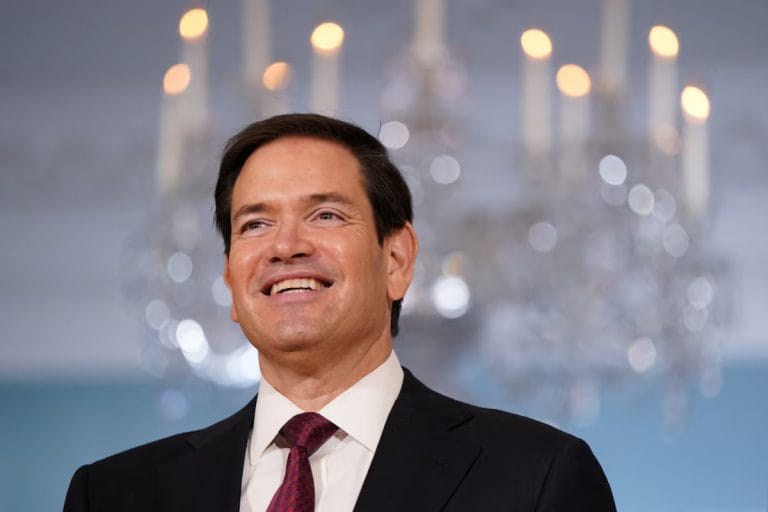🎧 Listen to This Article
The Trump administration escalated tensions with Beijing on Wednesday night by launching a twin offensive targeting Chinese students and the country’s semiconductor ambitions moves that risk fracturing the recent 90-day truce in the ongoing U.S.-China trade conflict.
U.S. Secretary of State Marco Rubio announced aggressive new visa policies in a press statement. Chinese students, especially those with ties to the Chinese Communist Party or studying in sensitive technological fields, will face increased scrutiny and revocation of visas. The Department of Homeland Security will coordinate with the State Department to carry out these revocations and revise future criteria.
“These policies put America first, not China,” Rubio said, aligning the visa overhaul with broader national security goals under President Trump’s leadership.
Simultaneously, reports surfaced that the White House had imposed new export controls preventing U.S. companies from selling semiconductor design software to Chinese firms. The move, confirmed by a Siemens spokesperson, further tightens restrictions on the tools needed for chip development, deepening an already strained technological standoff.
Chinese officials reacted with fury. “The U.S. is maliciously suppressing China under the pretext of national security,” said a spokesperson for China’s foreign ministry. Chinese families, many of whom have invested years and savings into U.S. education, voiced fear and confusion over the potential deportation of their children.
The reaction in China is disbelief and anger, with analysts warning that the policies could backfire by pushing top Chinese talent to remain home or relocate to friendlier nations. “This is a gift to China’s domestic education and tech industries,” said one Beijing-based scholar.
Although a U.S. federal court temporarily blocked several of Trump’s global tariffs, including a 30% levy on Chinese goods, the administration immediately appealed, leaving the status of trade negotiations uncertain.
With just weeks left before the 90-day truce expires, the future of U.S.-China relations appears as fragile as ever.
For further details, clarification, contributions, or any concerns regarding this article, please get in touch with us at editorial@tax.news. We value your feedback and are committed to providing accurate and timely information. Please note that our privacy policy will handle all inquiries.



